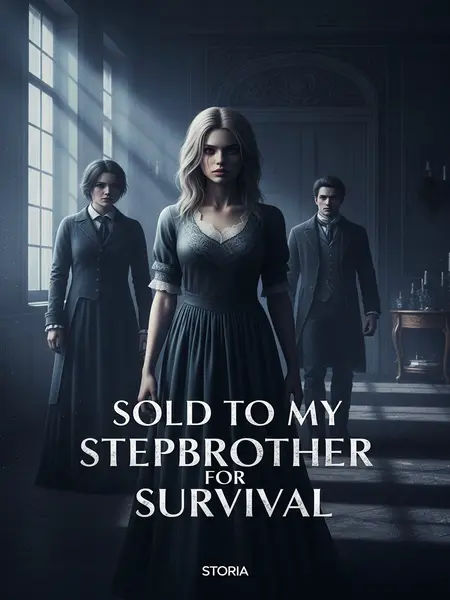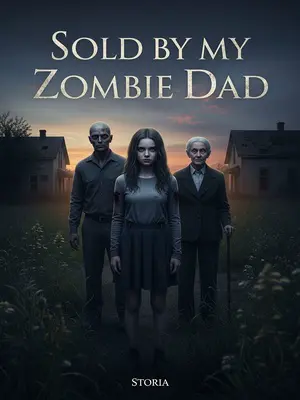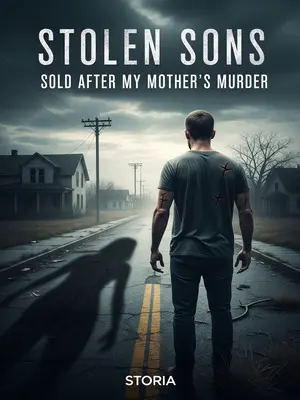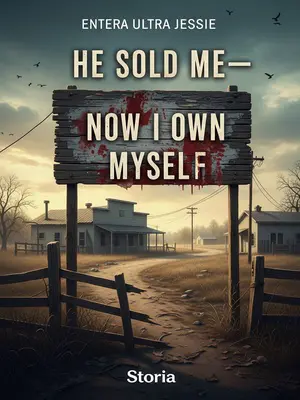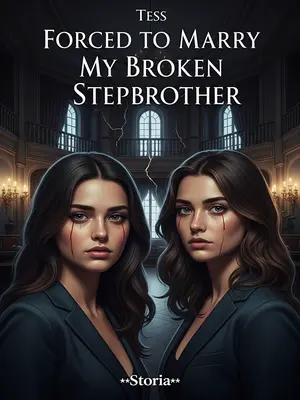Chapter 1: The Fall
My country died when I was six, and it was all my mother’s fault.
Even now, those memories stalk me—sharp and cold, as real as the day they happened. There’s a bitterness in being the last living relic of a place that vanished overnight, its only surviving witness.
My mother, famous for her breathtaking beauty, hailed from the North. With skin like porcelain and striking features, she commanded every gaze.
She moved with an otherworldly grace—ice-blonde hair, eyes stormy and deep, the kind of beauty that never belonged in our sunburned Southern city, where heat pressed down and the air always hinted at salt and tobacco. Folks gossiped about her at backyard barbecues, marveling and envying, never quite trusting.
Within a few years, my father—once a wise, capable governor—was so smitten he let everything else fall away.
I remembered him as a man whose voice could hush a crowd and whose laughter once rang through our big wraparound porch. But after she arrived, his world shrank to her alone. Bills piled up, meetings went unattended, and the staff learned to tiptoe around her sudden, stormy moods.
That’s when the Northern state saw its chance to invade. My mother stole our defense plans and handed them right to the enemy.
The betrayal cut so deep that even now, people whisper about it in the grocery aisles. She didn’t just spill a few secrets—she gave them the keys to everything, and rumors barely scrape the truth.
Our generals didn’t stand a chance. Northern troops swept in, relentless as wildfire in August.
The invasion was swift and merciless. Sirens wailed, the radio stations fell silent, and neighbors disappeared overnight. The air tasted like smoke and fear, every breath sharp with panic. To this day, when the wind howls through the trees, it reminds me of that summer—the dry, crackling terror that seized everyone.
On the day the capital fell, I was clutched in my father’s arms. He pressed a medallion into my small hand. I didn’t understand its weight then.
He knelt right there on the marbled foyer, hands shaking as he closed my fingers over the cold metal, his face streaked with sweat and dust. Outside, glass shattered and angry men shouted.
Dad told me, “Stay close to your mother. Live well.”
His voice was rough, low, not the gentle tone I knew. There was a desperate finality in it, like he was trying to fit a lifetime of advice into a single breath.
Then, he pushed me away and took his own life.
For a heartbeat, I froze—everything slowed. My ears roared with my own pulse. Then the world went red, my screams silent. The metallic tang of blood filled the air, hot and thick.
Warm blood splattered across my face. When my mother found me, I was desperately trying to cover Dad’s wound with my tiny hands.
The blood was sticky, metallic, covering my palms and dripping to the hardwood. My heart pounded, breath caught. I thought if I pressed hard enough, maybe I could keep him with me.
I didn’t understand anything, except that I didn’t want Dad to die.
I was six, terrified and lost. My world was gone, replaced by a nightmare I couldn’t escape.
But Mom only glanced at him, then pulled me away.
She didn’t cry, didn’t even close his eyes. She yanked me up, grip bruising, and never looked back.
Stepping out of the governor’s mansion, I saw my brothers sprawled on the lawn, each one bleeding out.
The grass was torn, muddy from morning rain, stained with blood. The air was sharp with iron and gunpowder. My bare feet felt every blade, every stone, as if the earth itself mourned.
I counted them, one by one.
My voice was gone, but I mouthed their names, lips trembling. One, two, three, four, five.
All five of Dad’s sons were there.
My half-brothers—each older than me. In death, they looked like dolls, faces peaceful amid chaos.
Too scared to cry, I let Mom drag me forward. She lowered her eyes, her shoulders squared, and nodded stiffly to the man in the black suit.
He was imposing, dressed in an immaculate black suit, his face unreadable. Mom’s posture was rigid, her chin lifted in a show of defiance that read more as submission.
“Greetings, Governor. The leader of the Southern State has been executed.”
Her words were cold and formal, carrying across the silent crowd—soldiers, servants, neighbors peeking from behind curtains.
Then I watched as my mother presented the state’s official seal—a heavy silver emblem—to that man.
The emblem caught the sunlight, the symbol of everything our family once was. She handed it over like it was an overdue library book.
“Sharon, you’ve done very well. What do you want, Sharon? I’ll grant you anything.”
His words oozed confidence, the tone of someone who already owned it all. The way he said my mother’s name made my skin crawl.
That man held the seal, visibly pleased.
His smile was sharp, predatory. Greed flickered in his eyes—already calculating what else he could take.
Mom hesitated a long time, torn between wanting everything and not knowing what to ask for.
A strange, almost childlike longing crossed her face—a hunger for something she couldn’t name. The silence stretched, heavy and charged.
Finally, she asked for me to live—as a daughter of the house.
She could have demanded riches or land, but she chose me. I felt both saved and betrayed. Was I a prize, or a burden?
